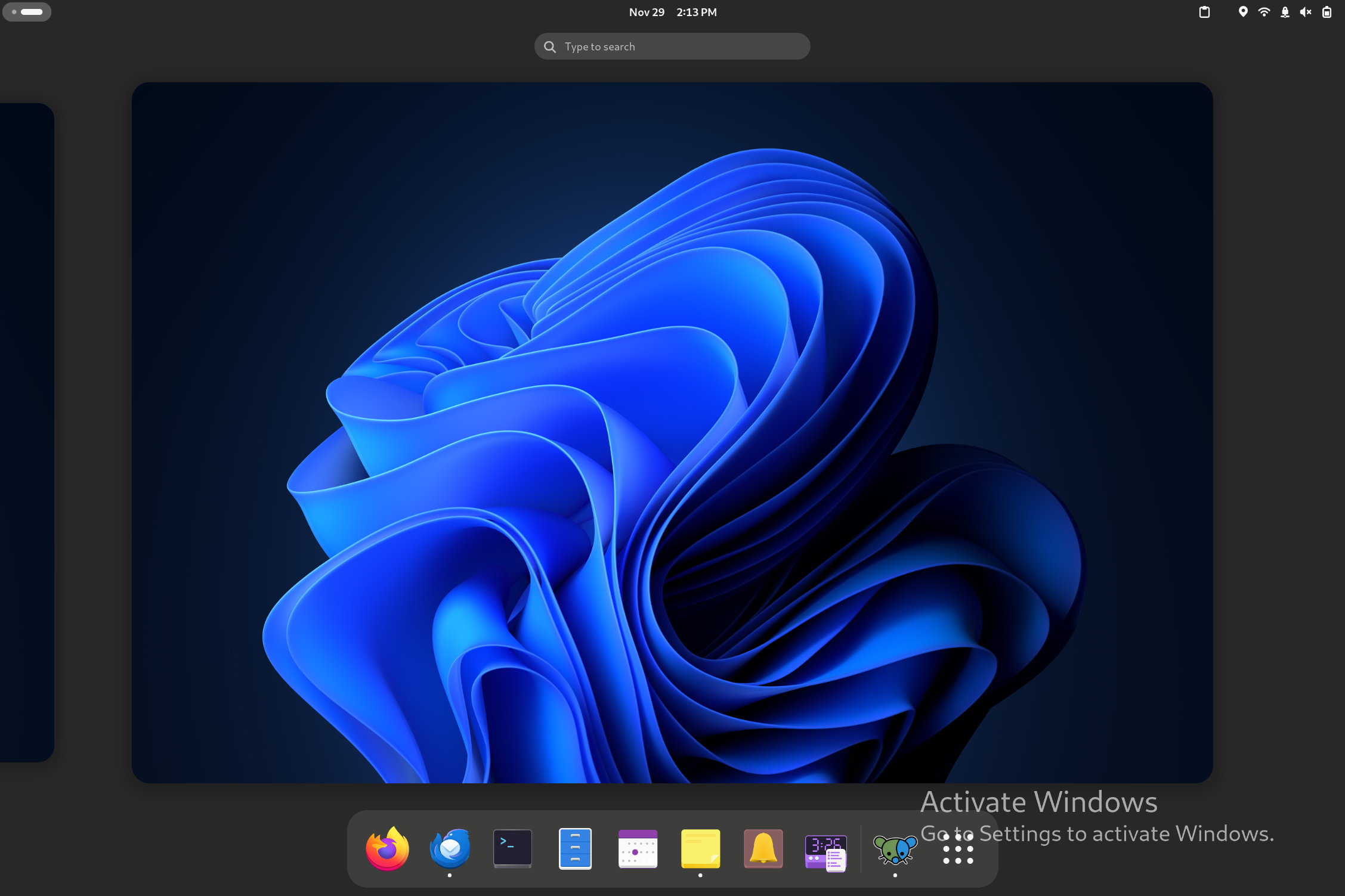this post was submitted on 29 Nov 2023
234 points (95.0% liked)
linuxmemes
21210 readers
58 users here now
Hint: :q!
Sister communities:
- LemmyMemes: Memes
- LemmyShitpost: Anything and everything goes.
- RISA: Star Trek memes and shitposts
Community rules (click to expand)
1. Follow the site-wide rules
- Instance-wide TOS: https://legal.lemmy.world/tos/
- Lemmy code of conduct: https://join-lemmy.org/docs/code_of_conduct.html
2. Be civil
- Understand the difference between a joke and an insult.
- Do not harrass or attack members of the community for any reason.
- Leave remarks of "peasantry" to the PCMR community. If you dislike an OS/service/application, attack the thing you dislike, not the individuals who use it. Some people may not have a choice.
- Bigotry will not be tolerated.
- These rules are somewhat loosened when the subject is a public figure. Still, do not attack their person or incite harrassment.
3. Post Linux-related content
- Including Unix and BSD.
- Non-Linux content is acceptable as long as it makes a reference to Linux. For example, the poorly made mockery of
sudoin Windows. - No porn. Even if you watch it on a Linux machine.
4. No recent reposts
- Everybody uses Arch btw, can't quit Vim, and wants to interject for a moment. You can stop now.
Please report posts and comments that break these rules!
founded 1 year ago
MODERATORS
you are viewing a single comment's thread
view the rest of the comments
view the rest of the comments

I get your point, but this definition applies to all users of FOSS software who do not actively contribute to its development. Purpose is a consideration here; I am freeloading if I use netflix's service through loopholes or piracy when it is intended for paid customers, but am I freeloading if I, a non developer and a student not in a position to donate, use libreoffice? By this definition, I clearly am a freeloader. But it is clearly intended for use by the general public.
For RHEL, there is more ambiguity, because although they sell it at cost, it is still based in an open source ecosystem. I understand how using rhel binaries without becoming a paying customer could be seen as freeloading, but the crucial difference is the intent of an open ecosystem and standard. RHEL establishes itself as a standard, and that means it's work will be used, not just contributed to. By closing it off, they are cutting off that standard.
Compare this to standards like USB or audio codecs. A powerful company or consortium may create an open standard and use it in their paid offerings, but others using it aren't freeloaders, even if they compete with said offerings. They're intended (or expected) users.
Sorry if I'm not making much sense. I'm only commenting because I find this interesting, not angry keyboard warring.